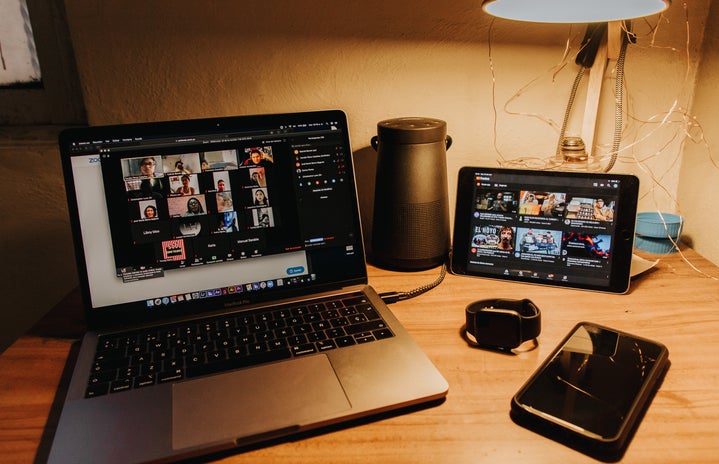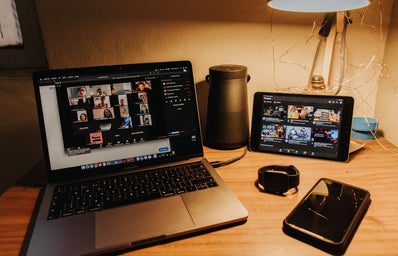Edited By Zenya Siyad
A few weeks ago, I listened in on a few town halls that demanded answers from the vice-chancellor and its founders for what various stakeholders thought was a breach of academic freedom. I was in awe of the brutal yet honest questions being posed, and the rawness with which the student body sought answers by contracting their discontent into thought-provoking sentences. I didn’t think much of speaking myself; it never occurred to me. I supported the cause and I wanted answers like the rest of the student body. I felt angry and afraid like them. But while they were gathering students, organizing meetings and townhalls, I was still grappling with the enormity of it all. I marveled at how quickly so many had risen to demand and protest, and subsequently began to despise my ongoing struggle.
After one particularly difficult townhall, I sat with twenty or so of my peers and our professor on a Google Meet call, organized as a space for us to share our thoughts and feelings. The typical nature of the class was one where we were intended to share and yet, something in that space seemed drastically different from that in the townhalls. It was only days later that I realized what had struck me as deeply contrasting: the emotion weighing on the class had been almost palpable on that Meet call whereas in the townhalls, those emotions had been largely absent, almost deliberately muted.
It seemed to me that during the entire ordeal, many of us had forgotten to actually process what was happening. We were fighting for what we thought was right. We were attempting to be a collective voice. We were trying to create change. We were trying. In this world where we are compelled to race to the finish line and make what we do matter, we may have neglected to value our emotions. What were we feeling – anger, loss, fear, sadness? Were we sitting with these feelings at all? What became of the vulnerabilities we felt? In our collective march for action, did our emotions have any place at all?
Sure, one can argue that speaking in a townhall requires a certain level of level-headedness and calmness. Where do feelings like vulnerability and loss and rage stripped to their rawest forms have a place in a townhall? Even if they were present, one may be afraid that they may be seen as an attack on the integrity, logic, and reason that “ought” to be foremost when calling for action. Moreover, expressing these emotions to over a thousand other people on a Zoom call may seem counterproductive. Even if people began to share their feelings, who could possibly deal with the intensity of the emotions in this virtual space? More importantly, would anyone be listening?
We can run around calling for action and trying to make our voices heard. But what of the end of the day when we’re forced to retreat to our rooms and be faced with the overwhelming emotions we forgot to label or even experience? How many of us had the liberty to sit with a group of friends and exchange thoughts and emotions and simply feel? How many of us lay curled up in bed, forced to think this through in the vast silence entrapped within our rooms? How many of us sought refuge in distractions to flee reality? The answer to the latter is much more than you realize.
We need space among people, especially in such trying circumstances, to process. Why among people? The simple answer is that being alone does not offer the experience of being heard. There is a certain calmness to be found in being heard without judgment. It is exactly what we need when our desperate desire for that experience is plucked out of our hands by those in power. And here’s the truth: it is empowering to be among people with different mindsets and to be able to speak your mind without hesitation, receiving nothing but the experience of being heard. Do not belittle this experience. It is profound and significant. And the most important thing? It allows you to find some level of closure, if only for your own feelings.
So, find the space to talk, preferably among people who are going through the same thing. If you do not find talking preferable or even doable, perhaps you may find solace in song or dance or art or literature or poetry. The medium does not matter as long as you create a space for yourself and your emotions. Claim that experience of being heard that was robbed from you. For those of you who do not feel ready to do this, it’s okay. Perhaps, this isn’t what you want or you don’t feel like you can do this just yet. However, do allow yourself to slow down and catch your breath when you get caught up in a whirlwind of protests and townhalls. It just might save you some spiralling in the darkness.



